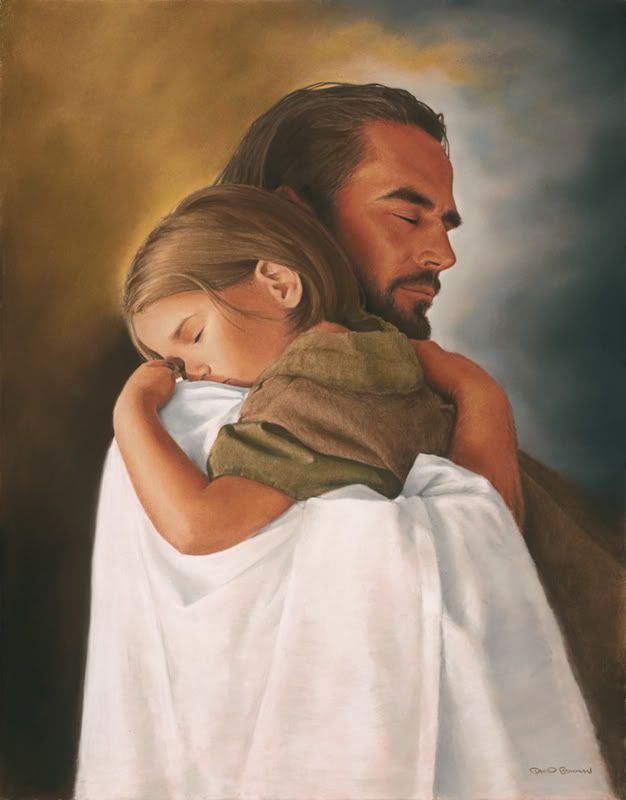I fell last night. Good thing I fell on my head.! I was standing by the bathroom sink, my walker at my right side. I turned, somehow lost my balance and fell, my right temple hitting the ceramic tile floor, my legs twisting in my walker, and my glasses breaking. (If my blog seems dark, it’s my prescription sun glasses!)

I’m okay. Not as well-dressed as this guy, but okay. Just a minor bump and a darker-than-usual day. But it got me thinking. Questions.
How do persecuted Christians handle suffering? Even though my hard head meeting hard floor hurt (the fall didn’t hurt, just the sudden stop), some of my brothers and sisters suffer far worse. When a man’s wife is raped, when his daughter is kidnapped, when he cries to God and gets silence, how does he maintain faith?
The only answer can be 2 Corinthians 12:9 . . .
“My grace is sufficient for you,
for my power is made perfect in weakness.”
It’s not the strength of the man’s faith; it’s the gracious power of the Lord. It’s a gift of faith from the Holy Spirit that surpasses our “normal level” of believing (1 Corinthians 12:9a). It’s the shield of faith which smothers all the flaming darts of the evil one (Ephesians 6:16a).

He will never leave us or forsake us (Hebrews 13:5b). In other words, when our suffering is great and our “normal” faith seems small, our Lord is with us throwing the punch of his power into us, so we can keep trusting even when the agony is beyond reason.
Is all our suffering ordered by our Father? Somehow it’s easier to believe that persecution-suffering—or even judgment-suffering—are ordered by God than suffering from falling in the bathroom. After all, we’ve got biblical warnings of persecution and judgment.
If they persecuted me, they will persecute you also (John 15:20).
The LORD is angry with all nations; his wrath is upon all their armies.
He will totally destroy them,
he will give them over to slaughter (Isaiah 34:2).
But we have no biblical warnings of bathroom falls or flat tires or broken air conditioning. Does our Father order the “big stuff” but the “little stuff” just happens? I remember Jesus’ encouraging words . . .
“Are not two sparrows sold for a penny?
And not one of them will fall to the ground apart from your Father.
But even the hairs of your head are all numbered” (Matthew 10:29,30).
Many versions, such as the NIV, translate “apart from your Father’s will.” But the ESV (above) correctly omits “will” because it’s not in the original Greek. So what exactly did Jesus mean? That our Father wills even the fall of an insignificant sparrow or that our Father knows about the fall of each insignificant sparrow? Does Matthew 10:30 mean our Father determines the number of our hairs or knows their number?
Charles Spurgeon beautifully answered this way . . .
“I believe that every particle of dust that dances in the sunbeam does not move an atom more or less than God wishes – that every particle of spray that dashes against the steamboat has its orbit, as well as the sun in the heavens – that the chaff from the hand of the winnower is steered as the stars in their courses. The creeping of an aphid over the rosebud is as much fixed as the march of the devastating pestilence – the fall of . . . leaves from a poplar is as fully ordained as the tumbling of an avalanche.”
So did our Father order my fall? Did he command that only my glasses break and not my arm? Or was my fall devil-inspired or merely the natural result of my disability?
Such questions lead to others: Does God really work for the good in all things? If so, how in the world does my bathroom fall conform me more to the likeness of God’s Son?
And we know that in all things
God works for the good of those who love him,
who have been called according to his purpose.
For those God foreknew he also predestined
to be conformed to the likeness of his Son,
that he might be the firstborn among many brothers.
And those he predestined, he also called; those he called, he also justified;
those he justified, he also glorified (Romans 8:28-30).
Honestly, I find it hard to believe that our Father will use my fall for good, especially to conform me more to Christ’s likeness. Yet maybe one good thing is this: someone who reads my blog may be encouraged in their suffering.
When it comes down to it, in a situation like this, while I don’t fully understand, I’m like Peter. To many of his followers, Jesus made some hard statements. John recorded what happened next . . .
From this time many of his disciples turned back and no longer followed him.
“You do not want to leave too, do you?” Jesus asked the Twelve.
Simon Peter answered him, “Lord, to whom shall we go?
You have the words of eternal life. (John 6:66-68).
I choose to believe that persecuted Christians endure suffering by God’s grace and gift of faith. I choose to believe that all suffering is ordered by our Father (even though I don’t understand). But my bottom line, when I’m hurting and confused and tempted is Peter’s statement:
“Lord, to whom shall we go?
You have the words of eternal life. (John 6:66-68).
No one else–no place else–to go with my hurt and pain and ignorance, but to Jesus. Because he alone speaks the words that lead to eternal life.








Recent Comments